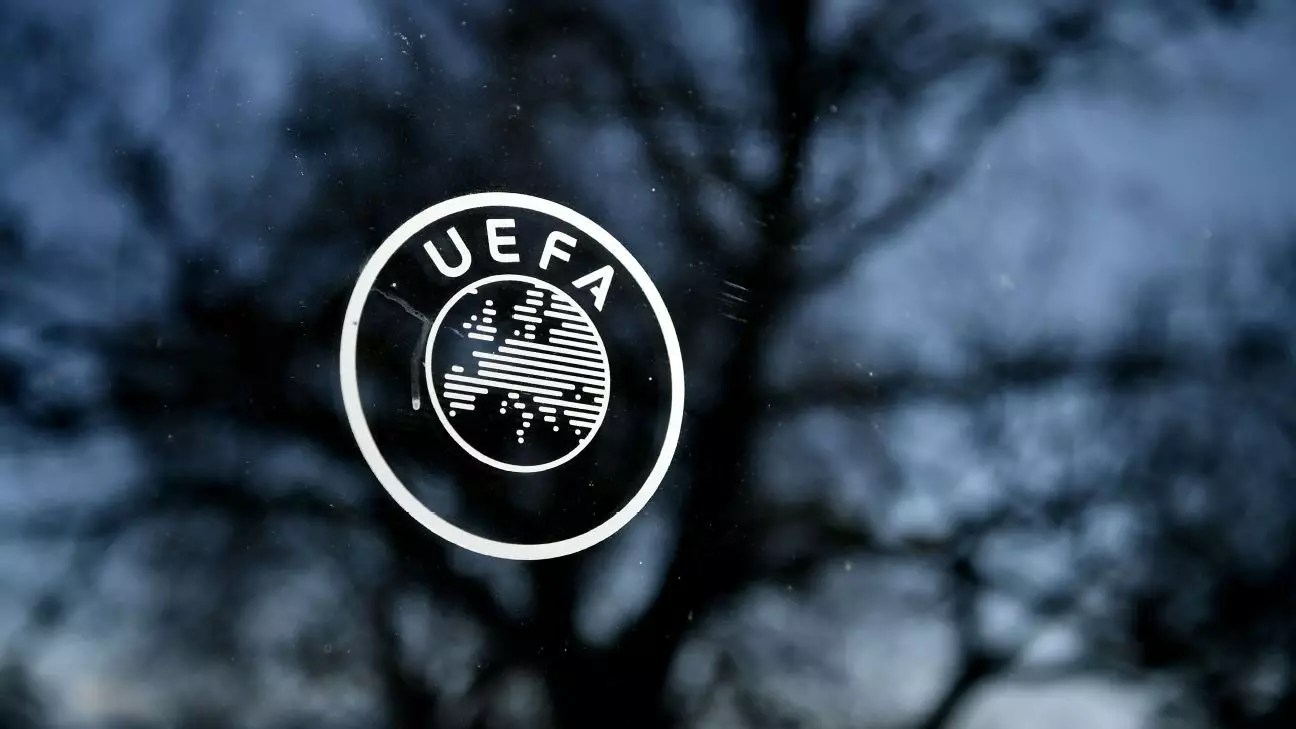Financial fair play regulations have been instituted in the world of soccer to ensure that clubs are managing their finances responsibly and avoiding the dangers of bankruptcy. These regulations aim to prevent clubs from spending more than they earn in the pursuit of success, thus safeguarding their long-term survival. The Premier League has its own set of regulations known as PSR (Profit and Sustainability Rules), which are considered to be the most influential regulations in the sport.
Background of Financial Fair Play Regulations
The need for financial fair play regulations arose back in 2009 when UEFA, the governing body of European soccer, discovered that more than half of the 655 clubs audited had suffered financial losses in the previous year. This led to concerns from clubs regarding escalating costs and the potential impact of default payments from financially unstable clubs on the overall landscape of soccer. As a result, UEFA introduced the concept of “financial sustainability” monitoring during the 2011-12 season, with the first sanctions being imposed in 2014 after a three-year monitoring cycle.
Under UEFA’s financial fair play regulations, clubs are required to break even over a three-year period, which involves balancing relevant income against relevant expenses. Although clubs are allowed up to £5m (or $6.5 million) in losses, this figure can increase to as much as £60m (or $77.5 million) if the remaining costs are covered by the owners. The calculation of financial fair play takes into account wages, transfer fees, and the general financial operations of the club, excluding expenses related to infrastructure, training facilities, youth development, and women’s soccer.
Premier League’s PSR Regulations
In the Premier League, clubs must adhere to the Profit and Sustainability Rules, which dictate that clubs should not record losses exceeding £105m (or $137 million) across their combined accounts over the previous three seasons. Any losses above £90m (or $117 million) must be covered by “secure funding,” with clubs allowed to lose up to £15m (or $19.5 million) of their own money every three years. Failure to comply with these regulations can result in potential point deductions, as seen in the case of Everton during the 2023-24 season.
Both UEFA and the Premier League have a range of punishments for clubs that fail to adhere to financial fair play regulations. These punishments include reprimands, fines, withholding of revenue, restrictions on player registrations, disqualification from competitions, and even exclusion from future competitions. In the past, several clubs, such as Paris Saint-Germain and Inter, have been fined for non-compliance with UEFA’s financial regulations.
Financial fair play regulations play a vital role in ensuring the financial stability and sustainability of soccer clubs. By preventing clubs from overspending and accumulating excessive debt, these regulations aim to maintain the integrity and competitiveness of the sport. As clubs navigate the complex landscape of financial fair play, it becomes increasingly essential for them to adhere to the regulations to avoid severe repercussions. Overall, the impact of financial fair play regulations on soccer clubs cannot be understated, as they shape the future of the sport and its financial landscape.


Leave a Reply